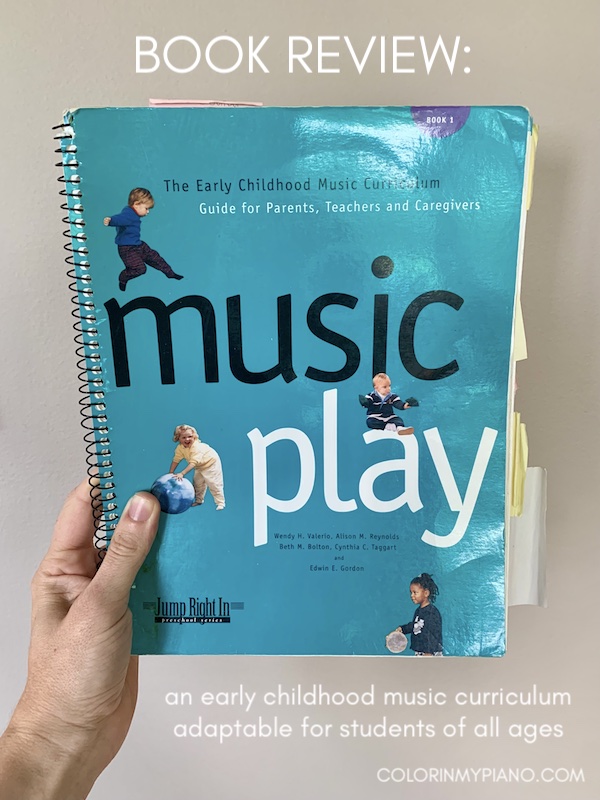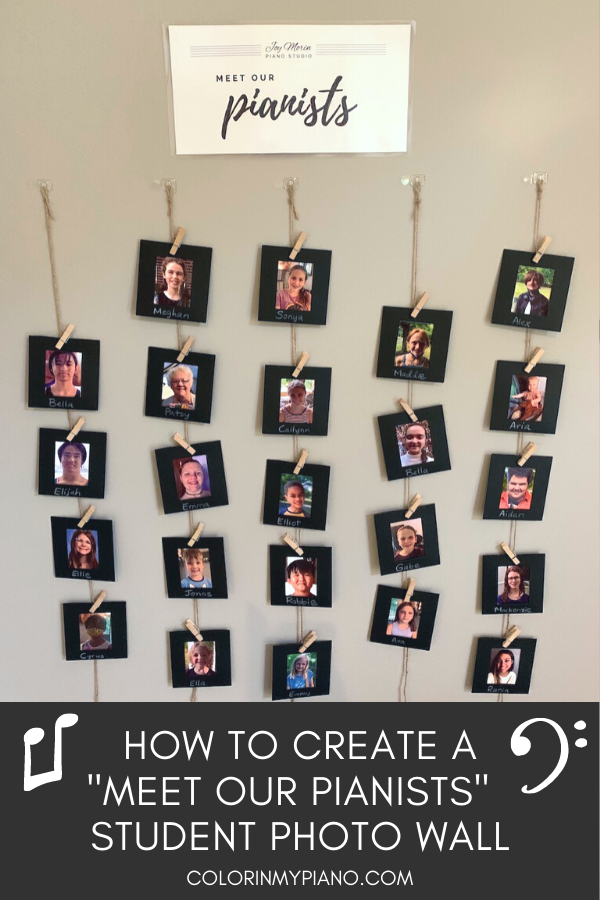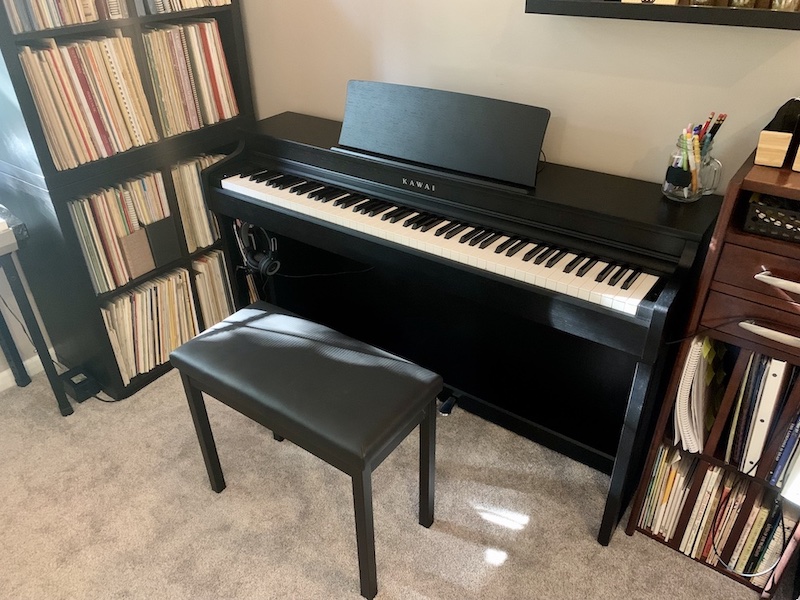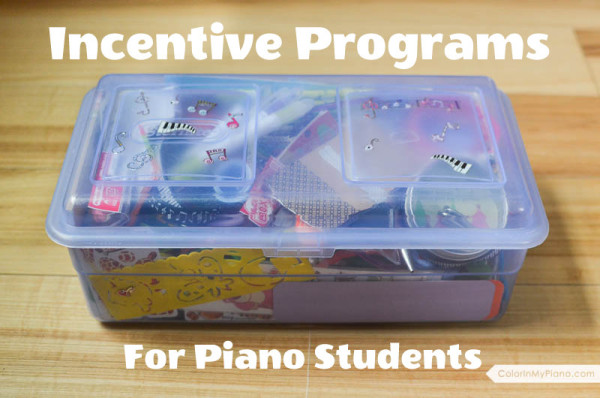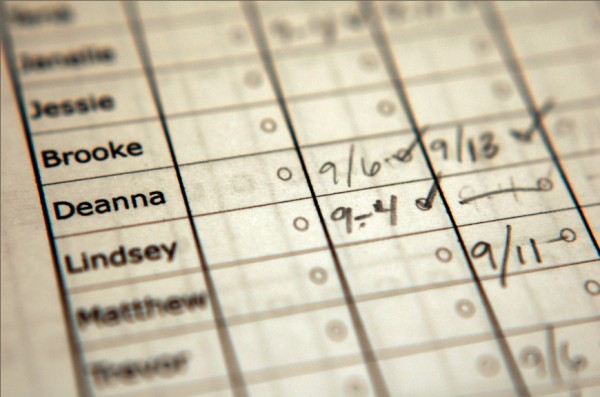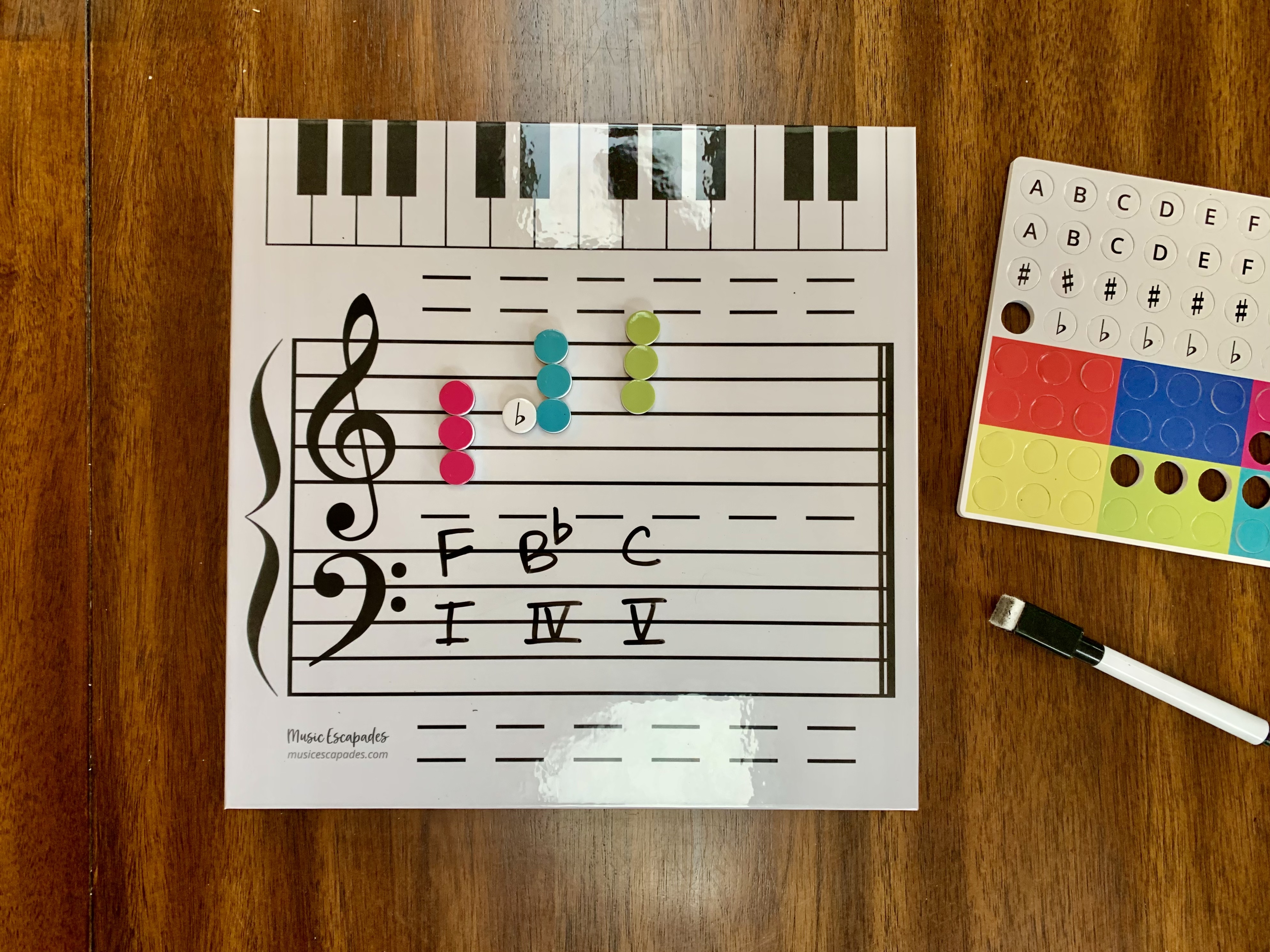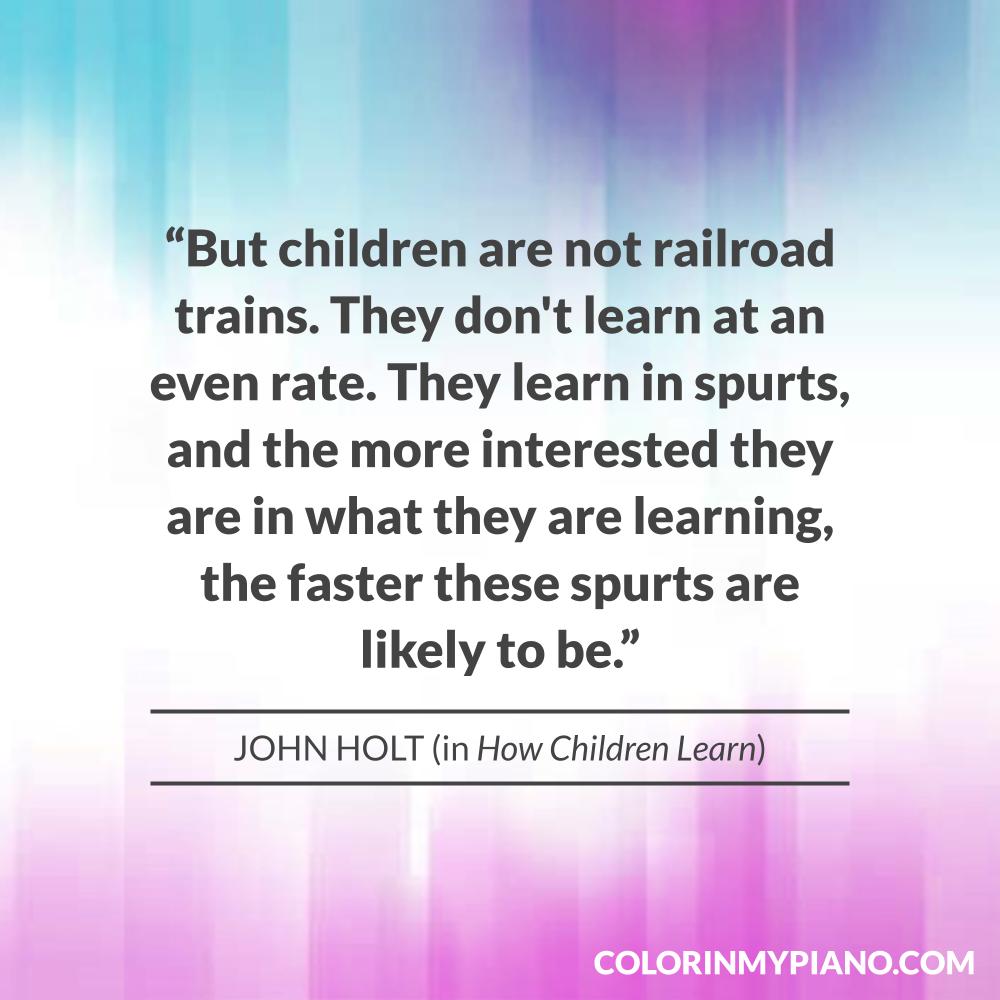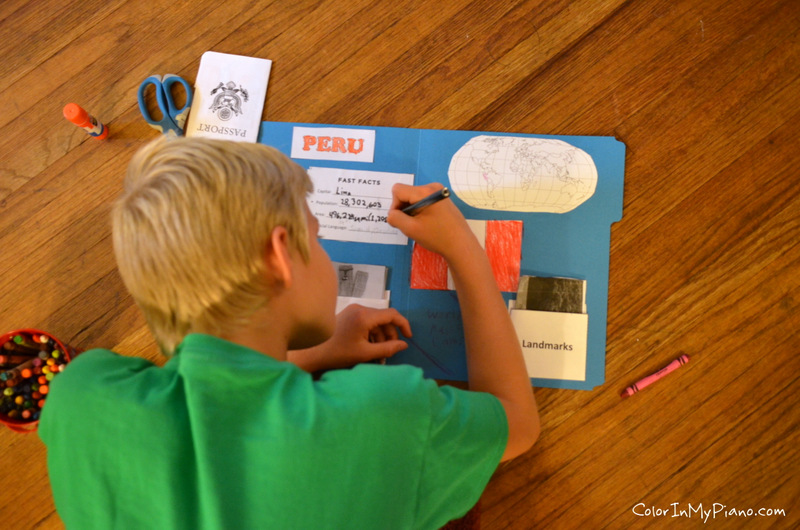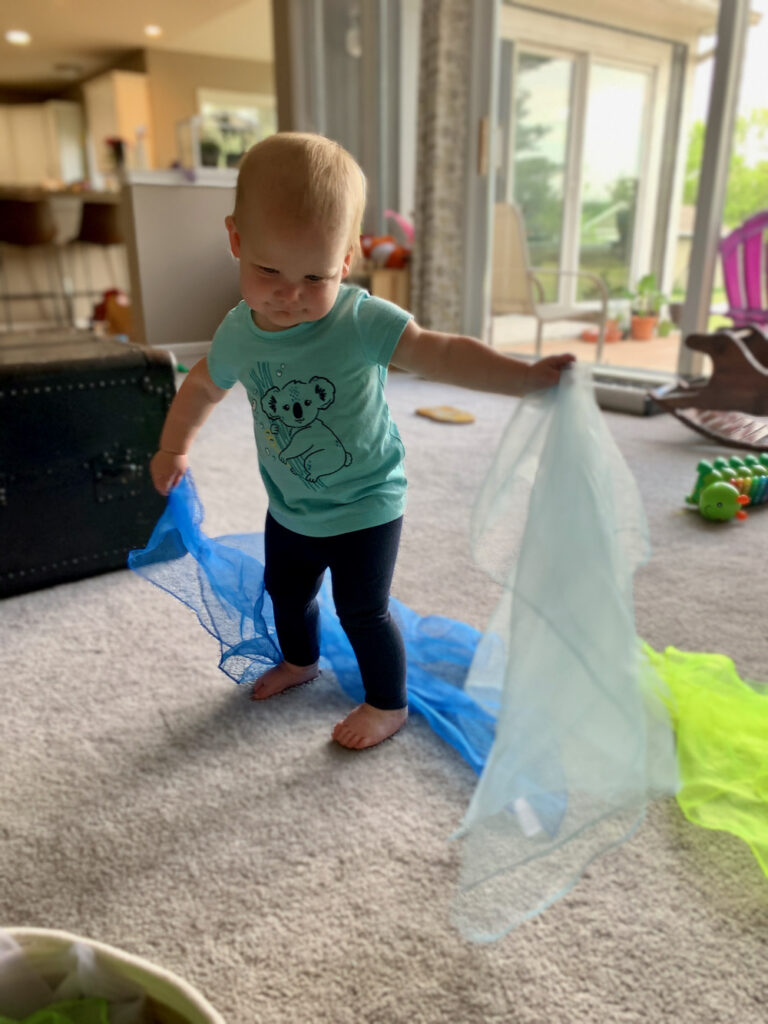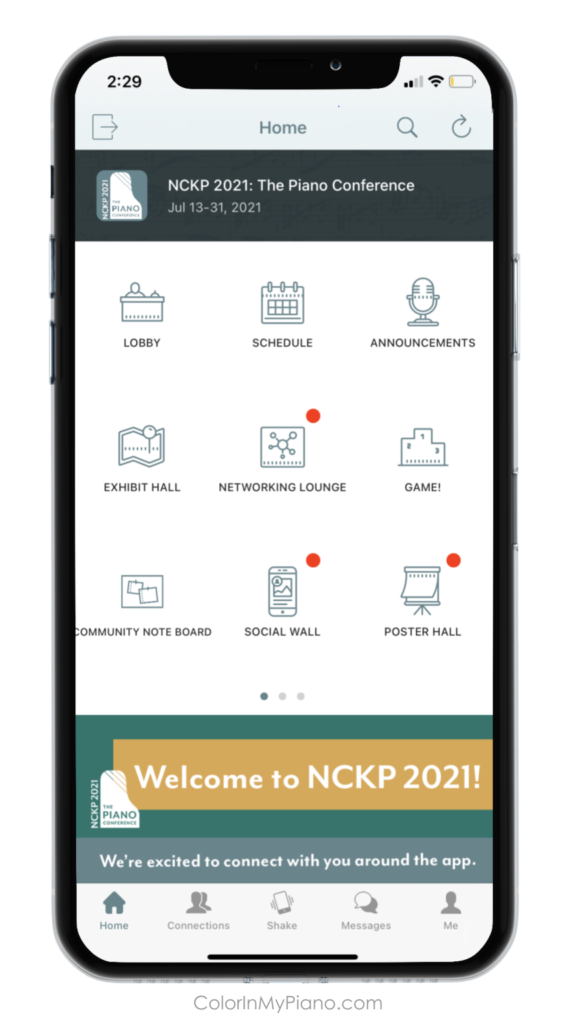Recently, I received the following question from a reader:
“Hi Joy, Can you see doing your “Music of the World” camp as an online camp? Thanks!”
–C.M. from New York
Great question! I haven’t tried it myself, but after thinking it through my answer is yes, I do think this camp would work very effectively offered in an online format. What follows are a few thoughts about how to do this.
The goal of the “Music of the World” camp is to increase the students’ awareness of and appreciation for cultures that are different from their own through experiencing the music and studying the instruments of other countries. Students will have a blast hearing the music from other cultures and learning about each counties’ musical instruments, landmarks, and animals.
Each day of camp focuses on a different country. The curriculum includes a set of slides and YouTube playlists for the teacher to use each day. In an online format, the teacher can screenshare the slides and music during a Zoom meeting. Easy!
This camp also includes a variety of arts and crafts activities. The key to facilitating this in an online camp format, I think, would be to provide students with the printed materials in advance. I suggest creating a “goodie bag” that can be dropped off at students’ homes or a “camp packet” that can sent through the mail. The printouts can be organized by day using paper clips, with each stack labeled using sticky notes (e.g., “Day 1”).
Continue reading “Q: Can you see doing the “Music of the World” camp as an online camp?” →
